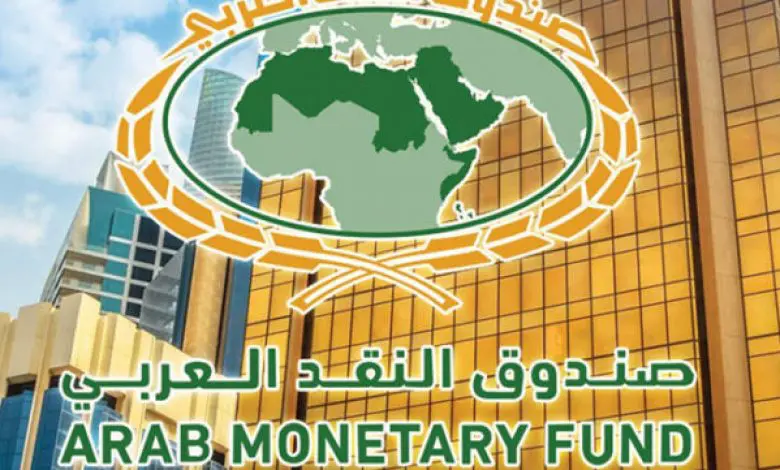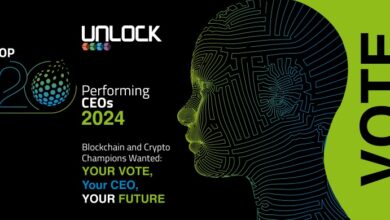
The Arab Monetary Fund (AMF) has issued a policy guide to develop the fintech industry and support digital financial transformation in Arab countries by adopting distributed ledger technology (DLT) and blockchain. The guide, titled “Strategies for Adopting DLT/ Blockchain Technologies in Arab Countries” was prepared by the Arab Regional Fintech Working Group (WG), which AMF has its technical secretariat.
The guide aims to provide policy directions on how to adopt these technologies in the financial sector, how to employ them properly, the related pre-requisites; thereby improving the efficiency of financial and banking services and enhancing support for digital financial transformation and financial inclusion efforts.
The guide elaborates on the various types of Distributed Ledger Technologies (DLT) and blockchain, clarifies common myths and misconceptions about them, highlights their governance methodologies, and the initiatives of different countries in adopting these technologies and how to formulate national strategies.
The guide also addresses Distributed Ledger Technologies (DLT) and blockchain applications in the financial sector, and how to overcome the implementation challenges. The guide provides multiple sets of recommendations and roadmap with a range of action plans and considerations when these technologies are applied at the local level.
These policy recommendations include formulating strategies to employ DLT and blockchain at the national level, taking into account different models for blockchain governance, building standards for technical solutions using DLT and blockchain, the shared interoperable blockchain system, the integration with legacy system, developing capacity and building awareness, as well as partnership with the private sector.
The recommendations highlight the need for integration with other services, for example smart contracts, digital signature, key custody and security solutions, in addition to the integration with other technologies such as artificial intelligence, big data and the Internet of Things. These would also include aspects of cost analysis, prioritizing leading use cases at the national level, and operationalising the regulatory and supervisory tools embedded on blockchain networks.
Finally, the Arab Monetary Blockchain policy guide includes an evaluation matrix to follow up the progress in adopting these techniques, including several indicators. These indicators address respective aspects of building an ecosystem for distributed ledger and blockchain technologies, including indicators of organizational, technical, research, user engagement, and industry indicators.
The guide was prepared and reviewed by representatives of Arab Central Banks, the Arab Monetary Fund (AMF), the Egypt Post, the Islamic Development Bank Group (IsDB), the World Bank Group (WBG) and Karm Legal Consultants members of the Arab Regional Fintech WG, as well as experts from the Organization for Economic Cooperation and Development (OECD), and the World Economic Forum (WEF).
Dr Abdulrahman Al-Hamidy, Director General Chairman of the Board of Arab Monetary Fund, noted with appreciation the initiatives of the Arab Regional Fintech Working Group in issuing guidelines providing advice to the relevant authorities in the areas of Fintech, strengthening digital financial services, and supporting innovations and access to formal financial services. He referred to the great opportunities offered by promoting the use of DLT and blockchain in the financial services. He added his wishes that the guide would contribute to raise awareness of deploying such technologies.




